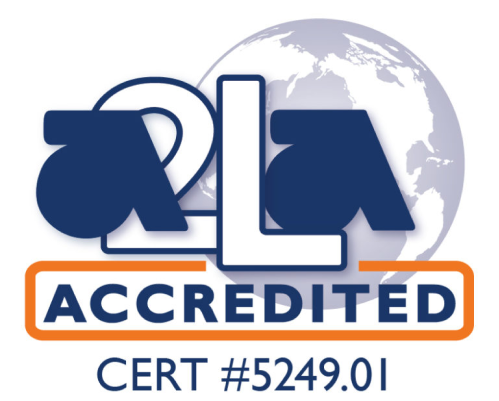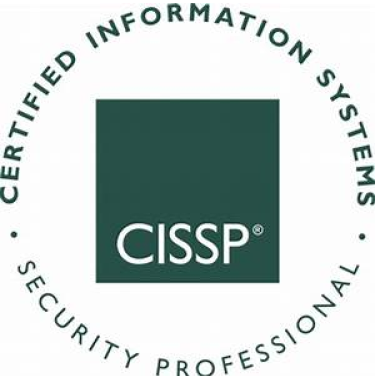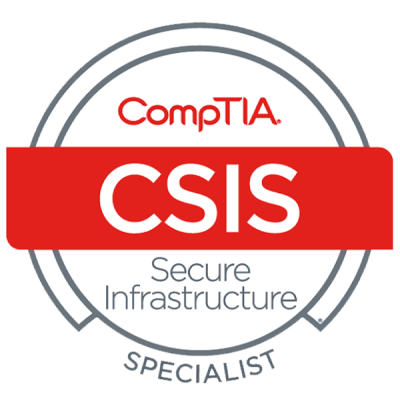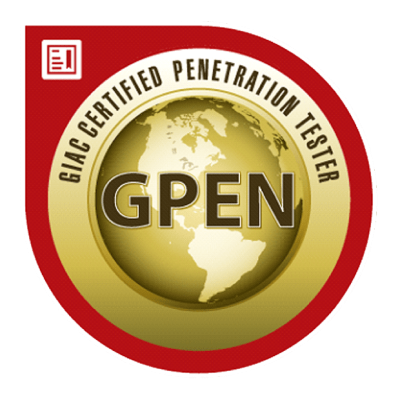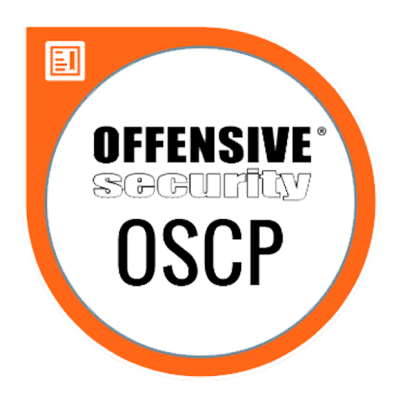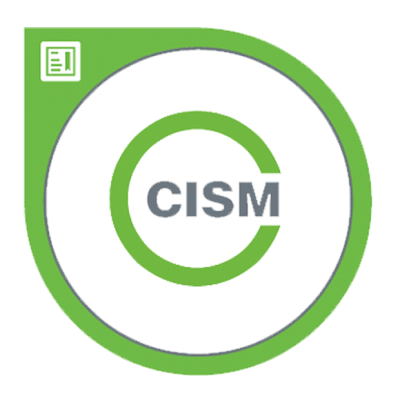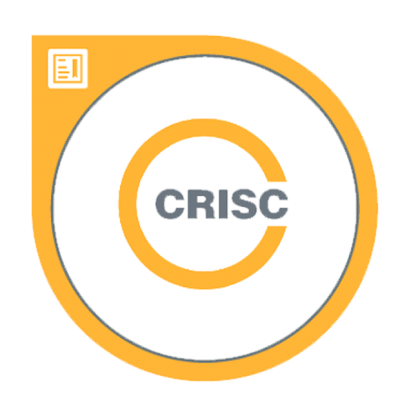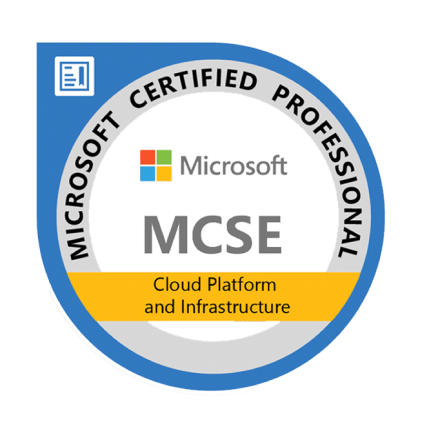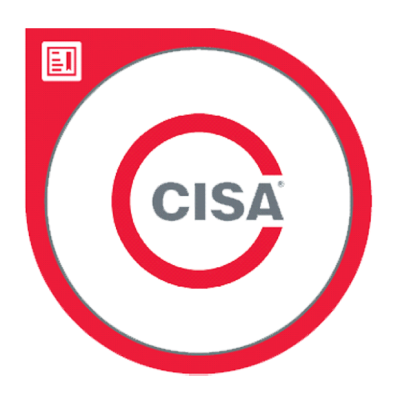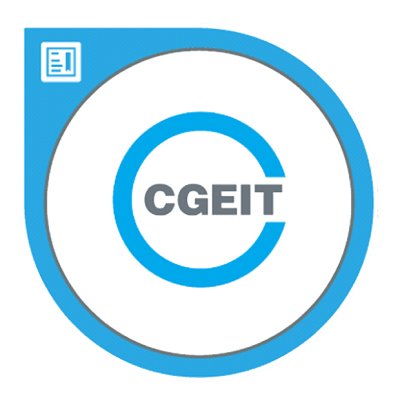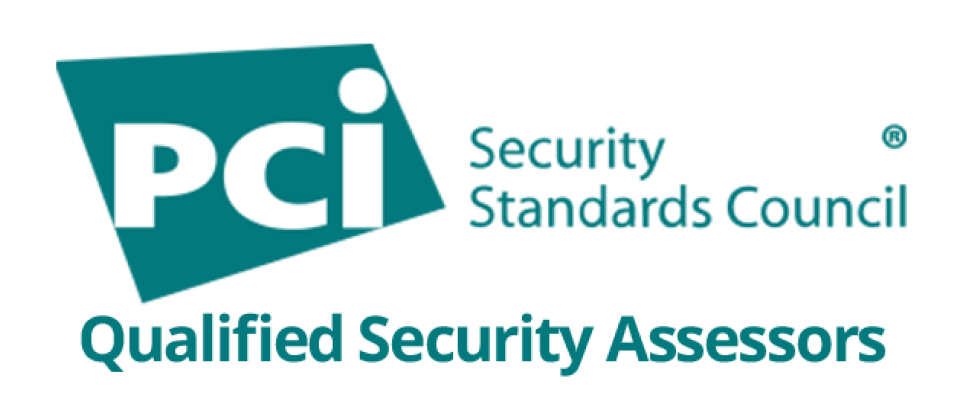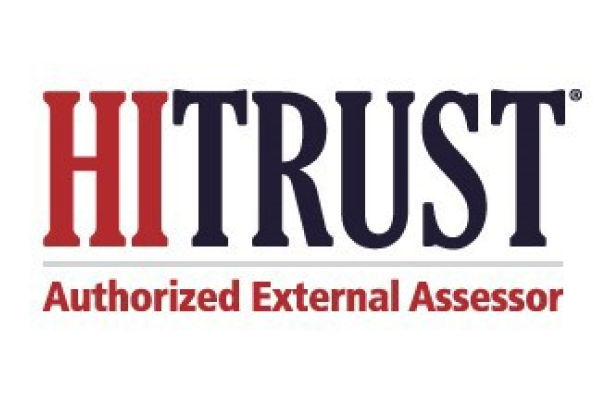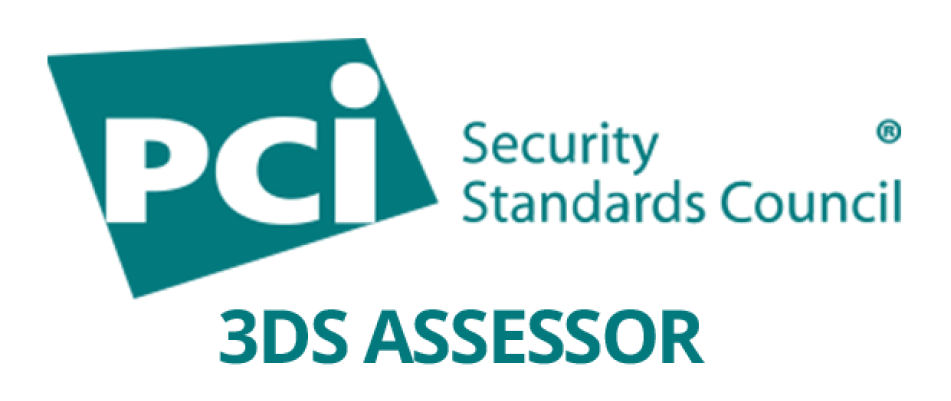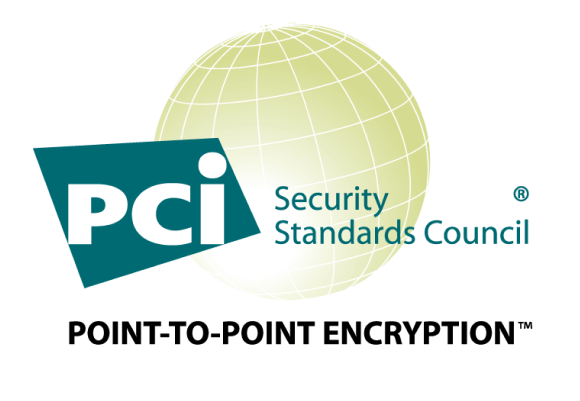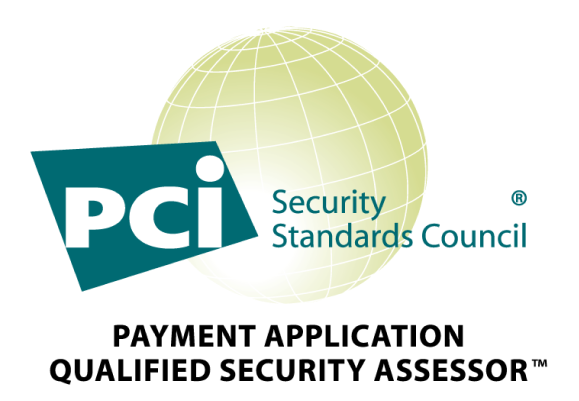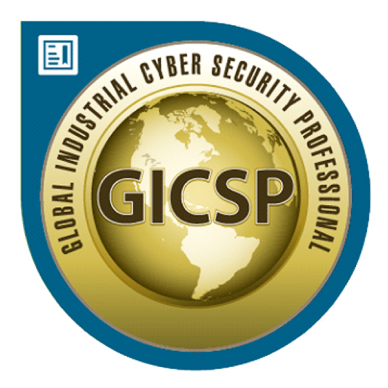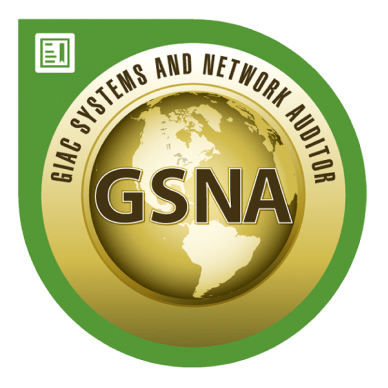NIST SP 800-171 Assessment
Safeguard and securely distribute assets categorized as Controlled Unclassified Information (CUI) under the NIST SP 800-171 framework
Ensure Compliance and Protect Sensitive Data with NIST 800-171 Assessments
Initially published in June 2015, NIST Special Publication 800-171 is a set of standards that define how to safeguard and distribute material deemed sensitive but not classified, otherwise referred to as Controlled Unclassified Information (CUI).
Both the CUI designation and the NIST SP 800-171 framework are intended to standardize and replace previous designations and frameworks. For companies doing business with the Federal Government, adherence to this standard is mandatory if any data will be transmitted to, stored on, or processed by your information systems.
Our expert assessors partner with your team to ensure your systems are sufficient to protect the confidentiality of CUI both at rest and in transit. Receive trusted advisory support throughout the process, as well as guidance on how to address any weaknesses in your processes and systems.
WHAT IS THE PURPOSE OF NIST SP 800-171?
NIST SP 800-171 provides federal agencies with regulations for protecting the confidentiality of CUI when:
- CUI resides in nonfederal information systems/organizations
- CUI resides in information systems not operated by contractors of federal agencies or organizations on behalf of federal agencies
- There are no specific regulations for the protection and maintenance of CUI confidentiality prescribed by the authorizing law, regulation, or government-wide policy for the CUI category or subcategory listed in the CUI Registry
The 14 Security Requirement Families of NIST SP 800-171

Access Control

Audit and Accountability

Awareness and Training

Configuration Management

Identification and Authentication

Incident Response

Maintenance

Media Protection

Physical Protection

Personnel Security

Risk Assessment

Security Assessment

System and Information Integrity

System and Communications Protection
KEY BENEFITS
Why NIST 800-171 Assessments Matter
Protecting Controlled Unclassified Information (CUI) is critical for maintaining compliance and securing government contracts. MegaplanIT helps your organization identify gaps, strengthen security controls, and align with NIST 800-171 requirements to reduce risk and demonstrate reliability to federal partners.
Safeguard Controlled Unclassified Information from unauthorized access, ensuring sensitive data remains secure and confidential at all times.
Implement robust controls to secure CUI both when stored and during transmission, reducing the risk of interception or data loss.
Align your systems with NIST 800-171 requirements, demonstrating regulatory compliance and meeting federal contract obligations.
Identify vulnerabilities and implement actionable recommendations to proactively manage threats, strengthen security posture, and reduce the likelihood of breaches.

Partner with MegaplanIT to Achieve NIST SP 800-53 Compliance
Our innovative IT security and compliance solutions are designed to deliver customized, cost-effective service on time—because your priorities are our priorities. With a highly qualified team of PCI DSS QSAs, Penetration Testers, and Information Security Consultants here at MegaplanIT, we will assess your unique company and business environment and design a path to security that will fit all of your needs.





